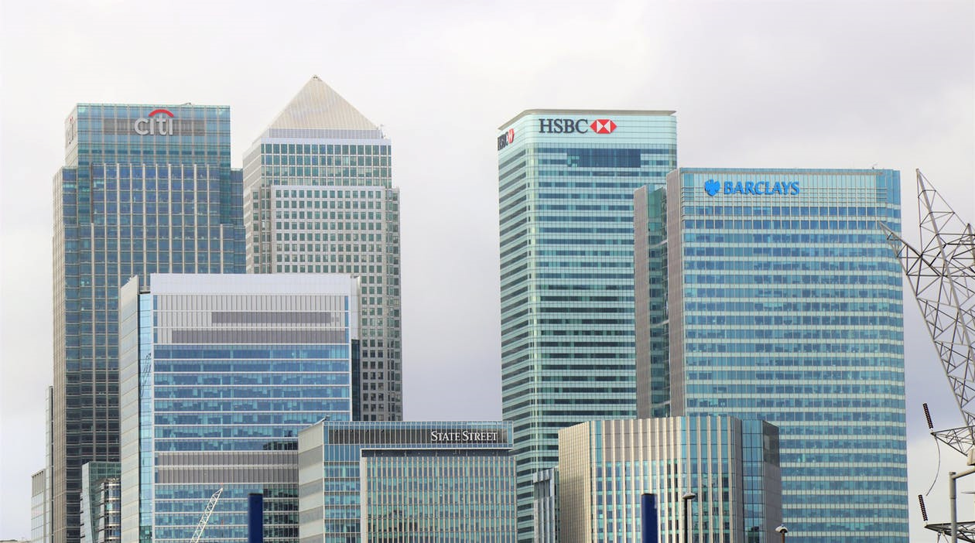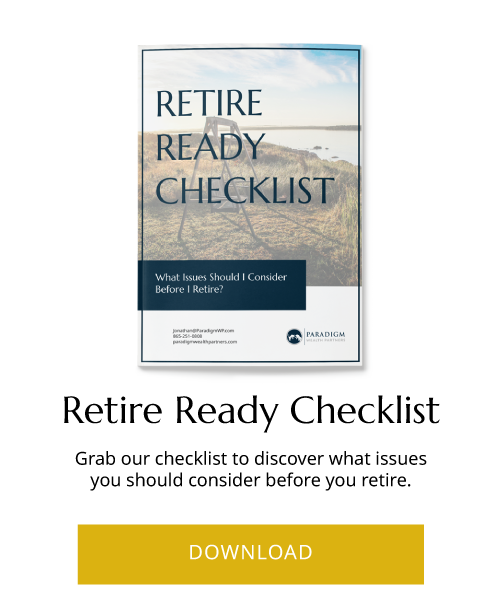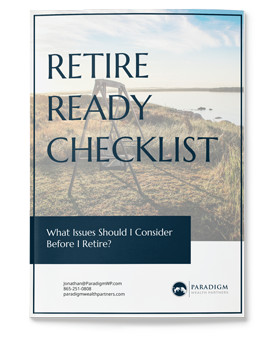CDs: Certificate of Depreciation- Should You Invest?
When you invest your money, you probably have the intention of making more money. Of course. Otherwise, you could just take that money right now and do something more fun with it like taking a vacation or buying a snazzy new sports car. Investing means delayed gratification so you want to be rewarded for the delay with gratification. Investing in CDs gives you one but not much of the other.
CDs: A Safe Investment?
CDs are often touted as a safe way to invest. In order to be a successful investor, we must mitigate risk. Therefore, wouldn’t investing in something as safe as a CD would be a good investment decision? Not so fast.
I prefer to call CDs a deposit rather than an investment. With a CD, you’re a lender, not an earner. A CD is a time deposit. You agree to keep your cash in the bank for a period ranging from 6 months to several years. This allows the bank to loan out your money to other people (making a nice profit for the bank) because the bank knows it’s unlikely, you’ll take that money out before the term of the CD ends due to the early withdrawal penalty.
In return, your money earns a higher interest rate than it would sitting in your checking or savings account where you can withdraw it at any time without penalty. Win/win right? Well yes and no. It’s a win for the bank, not so much for you.
The average interest rate for a checking account is a paltry 0.06%. For a savings account, not much better at 0.09%. For CDs, the rates range from about 1.85% to 2.25% depending on the bank and the term.
So yes, CDs pay a higher interest rate than do checking or savings accounts. But those numbers above aren’t exactly sexy are they? Add to that the fact that you can’t access the money locked up in a CD early without having to pay a penalty and CDs are starting to look like a pretty poor investment. But that’s not the worst of it.
Inflation
What is inflation?
Inflation is a quantitative measure of the rate at which the average price level of a basket of selected goods and services in an economy increases over a period of time… Often expressed as a percentage, inflation indicates a decrease in the purchasing power of a nation’s currency.
The rate of inflation for 2019 was 1.5%. Okay, so your CD at current interest rates is higher than that. But major events can greatly impact inflation. Here are a few examples:
1942
- Rate: 9.9%
- Impacting Event: Pearl Harbor
1946
- Rate: 18.1%
- Impacting Event: Budget cuts
1970
- Rate: 5.6%
- Impacting Event: Recession
1973
- Rate: 8.7%
- Impacting Event: End of the gold standard
1989
- Rate: 4.6%
- Impacting Event: Savings & Loan crisis
2007
- Rate: 4.1%
- Impacting Event: Banking crisis
It’s kind of fun (in a horrifying way) to play around with an inflation calculator. I used the years 1942 and 1946 since we have them in our example above and this is the result:
What cost $1000 in 1942 would cost $1197.68 in 1946. Also, if you were to buy the same products in 1946 and 1942, they would cost you $1000 and $818.35 respectively.
You can see how inflation eats away at the spending power of your money and money is spending power, so inflation is eating away at your money. If inflation spikes up, that low percentage your CD is earning isn’t going to make much difference, is it? Inflation is one of the reasons CDs are not exactly a safe investment.
Taxes
But wait! There’s more. Let’s say for the sake of argument that there are no major events that impact inflation. If that holds, then your CDs may be able to keep pace with inflation and even do a little better than just keeping pace. So, your purchasing power is safe.
But your real purchasing power is your income after taxes, right? You can’t spend what you don’t have after all. The interest earned from CDs not held inside a qualified retirement plan will be taxed as ordinary income so the net return on your CDs is reduced by your effective tax rate. If your effective tax rate is 25%, the net return on your CD with a 1% interest rate is just 0.75%.
There is No Risk-Free Investment
There is no such thing as a free lunch and there is no such thing as a 100% risk-free investment. Therefore, if you’re going to take a risk with your money, don’t you want some kind of reward for it? If the answer is “Yes,” CDs are not the right investment for you.
A CFP® who knows your goals and understands your risk tolerance can help you create a financial plan that walks that balance between being so “safe” that you won’t have enough money to reach those goals and not testing your risk tolerance to a degree that makes you lose sleep at night.
Thanks for reading! Want to see more about our financial opinions? Visit our blog here!
_________________________________
Content in this material is for general information only and not intended to provide specific advice or recommendations for any individual. All performance referenced is historical and is no guarantee of future results. Certificates of Deposit are FDIC insured and offer a fixed rate of return if held to maturity.



